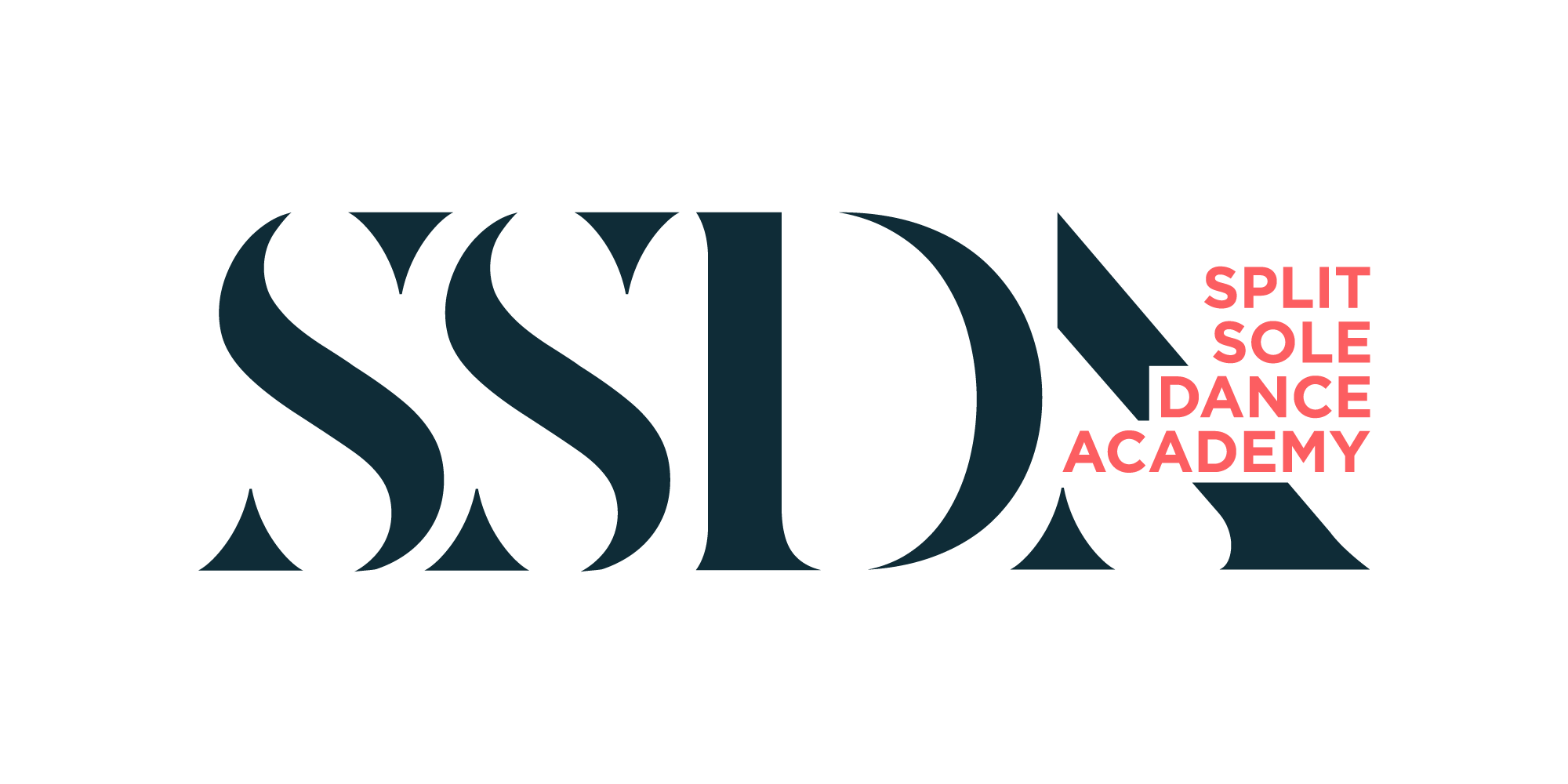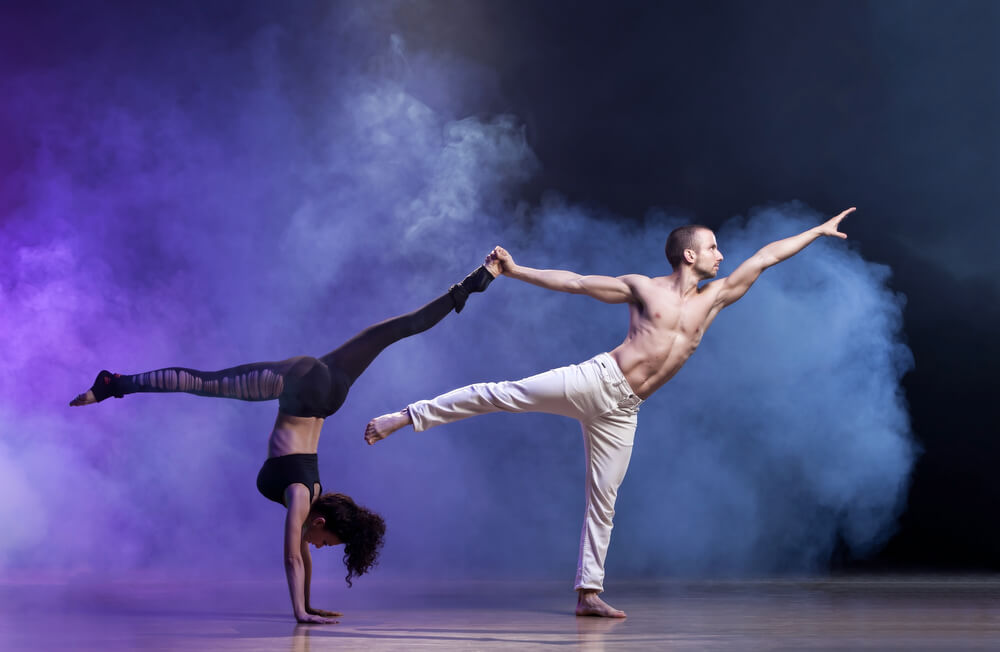What if we redefined competition, comparison, and success in dance?
What if your thinking about someone else’s achievement has nothing to do with your ability to succeed? Their success does not imply your failure. Instead, it demonstrates that success in dancing is feasible.
Your current frame of mind…
If you’re doubting your ability to achieve or if the fear of failure is making you reconsider your path to professional dancing, it’s important to analyse and work on your mentality.
This present style of thinking also makes it very simple to get lost in comparison, whether you’re comparing your body or your abilities to others.
Your current environment…
In your present dance setting, you may not be the “favourite.” That has nothing to do with your ability to succeed elsewhere. It also has no bearing on the opportunities that may be provided to you when you audition at other institutions or firms.
Even if your dancing school claims to promote body acceptance, it’s possible that they don’t. There are profoundly engrained assumptions about what a dancer’s body “should” look like. You can’t deny the possibility that many, many dancers have an implicit bias against bodies that don’t suit the ideal. It is possible that their prejudiced casting or auditioning is not a conscious thought process for them.
The fact that it may be unconscious doesn’t make it OK. It could just be a reason why they’re talking to talk but don’t seem to be putting words into real, inclusive action.
The teachers or artistic directors you encounter…
It may take a few tries to find the right professors or company for you. This is something I believe should be acknowledged and celebrated, yet many people do not. Let’s forget about that. Allow yourself to experiment with different options and situations to find your greatest place to dance.
The good news is that you will be encouraged to develop your dancing for yourself if you are in a supportive environment. Return your attention to your dance intention and inspiration.
Quick Tip: If you’ve been wanting to start journaling but haven’t been able to do so, consider setting a daily intention. It might be your motivation for dancing that day or how you want to live your entire life.
Seeking approbation or external validation isn’t necessarily a bad thing. However, if it is your primary reason for dancing, it is time to adjust your focus.
Your Concept of Success
The thing with success is that we frequently define it by the standards of others. We hear accolades for the big stars and well-known individuals in the dance business, who usually dance for one of a few top companies. You associate that with success in your young dancing brain.
When that result seems unattainable, you persuade yourself you’ve already failed. So, change your perspective about success. Most dancers are motivated by their passion for the art form. Make the objective of having a venue where you can dance as much as you want.
Success, according to that concept, may imply dancing with any size organisation, from the tiniest professional groups to even more recreational dance outlets. Perhaps teaching is the path that will allow you to dance all day. Begin now to let go of other people’s conceptions of success and look deep inside yourself and your motivation to determine what path in dance will bring you the most joy, fulfilment, and satisfaction.
Take Action:
Spend some time writing about your success vision. Begin by identifying the people, places, or experiences that have impacted your current perception of what success “should” look like.
Then listen to yourself. Block out the noise from your peers, society, the dancing industry, and your fear of what others may think. Answer the following questions: What makes you happy?
When do you feel the most at ease?
Who do you want to spend your time with?
How can you combine passion with purpose?
Where do you most feel at ease?
What is the significance of these items to you?

